Nearly Every Activity Is Play for Infants
Even when babies are casually picking up objects, blowing bubbles when feeding, putting rattles into their mouths, or laughing when you play peek-a-boo with them, they are learning about the world around them. When you play with babies, you enhance their cognitive and social skills that are so essential for their development as they get older.
Here are the top 6 reasons why you should play with your babies:
1: Early language skills
Babies are still pre-verbal, but they are paying attention to everything you say. The more that you can attach labels to objects – for example, by saying “that is dad kicking a ball” – the more they are building up their early word learning and verbal abilities. Their tiny brains are growing rapidly, and even though they are not yet speaking, they are developing their language capabilities.
2: Social skills
The reason why babies love to play with you so much is that they are spending time with you. They are bonding and learning about socialisation. They are learning about verbal and non-verbal behaviour. They are testing boundaries, to see what’s permitted and what’s not. They are learning cause and effect. As they get older, they will use these skills about how to get along with others on the playground and in the classroom.
3: Gross motor skills
Ok, so sometimes babies seem to be a little uncoordinated in their movements. They appear to fall down for no apparent reason. But when you chase them around a small room or get down on the floor and crawl with them, they are developing gross motor skills for their arms, legs and torso. That improves their overall stability and coordination. Crawling doesn't just lend itself to exploring the environment around them but also increases the likelihood of interacting with other humans. As mentioned in research by D. Rakison & A. Woodward in the journal Developmental Psychology.
Find out why Quadrupedal (crawling) movements are beneficial for adults too!
4: Fine motor skills
And, of course, as babies learn to hold themselves upright, they also begin to develop their fine motor skills – what we typically think of as “grasping” skills. For this reason, it’s important to engage the hands and fingers of young babies, getting them used to holding objects in their hands. Often, games for babies will require these fine motor skills - such as picking up plastic rings and stacking them in the right order.
5: Cognitive skills
As a result of play, infants are helping to lay down all the neural pathways in the brain that are part of cognition. There is even evidence that this could happen even before birth. Every time a baby performs an action, those neural pathways become stronger and stronger. Which might be why babies love to repeat movements over and over again! Examples of parents honing these cognitive activities in their children include guiding their hands to clap or tap on a drum when they listen to us singing a nursery rhyme. Cognitive skills like memory and concentration are developed through playful interaction.
6: Visual skills
Babies are still getting used to the world around them, and the act of play helps them develop visual recognition and visual tracking skills. In other words, they become more proficient at following objects with both eyes.
---
So the next time you see babies laughing and giggling when they drop objects – or, better yet, when they see you drop objects and laugh – you’ll know why. They’re making sense of the world around them, and they’re using you as their trusted guide. The more you play with your baby, the more they’ll develop the motor skills and cognitive abilities of healthy young children.
RELATED POSTS:
References:
Arunachalam, S., & Waxman, S. (2011), Grammatical form and semantic context in verb learning. Language Learning and Development, 7, 169-184
Rakison, D. H., & Woodward, A. L. (2008). New perspectives on the effects of action on perceptual and cognitive development. Developmental Psychology, 44(5), 1209–1213.
Bourgeois, K. S., Khawar, A. W., Neal, S. A. and Lockman, J. J. (2005), Infant Manual Exploration of Objects, Surfaces, and Their Interrelations. Infancy, 8: 233–252.
Renee Collier C (1999), The Development of Infant Memory. Current Directions in Psychological Science 8(3):80-85
Johnson, S. P. (2010), How Infants Learn About the Visual World. Cognitive Science, 34(7), 1158–1184.









There’s something about the way young children enjoy life that makes us nostalgic as we get older.